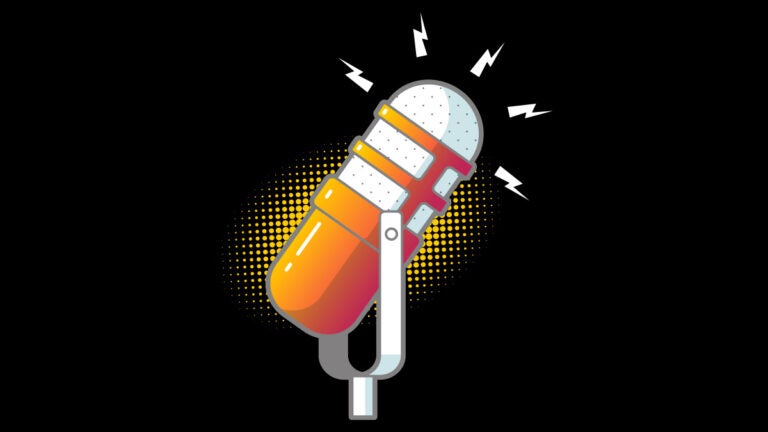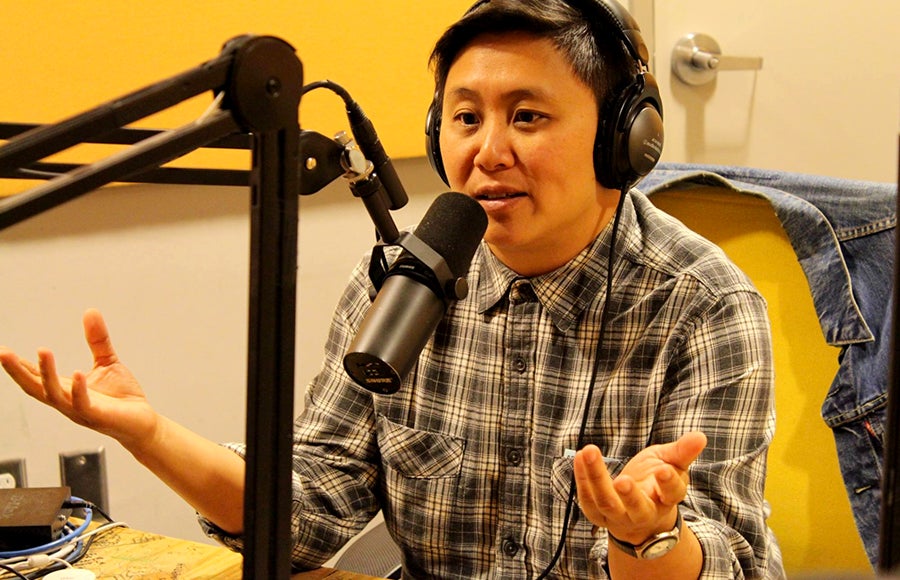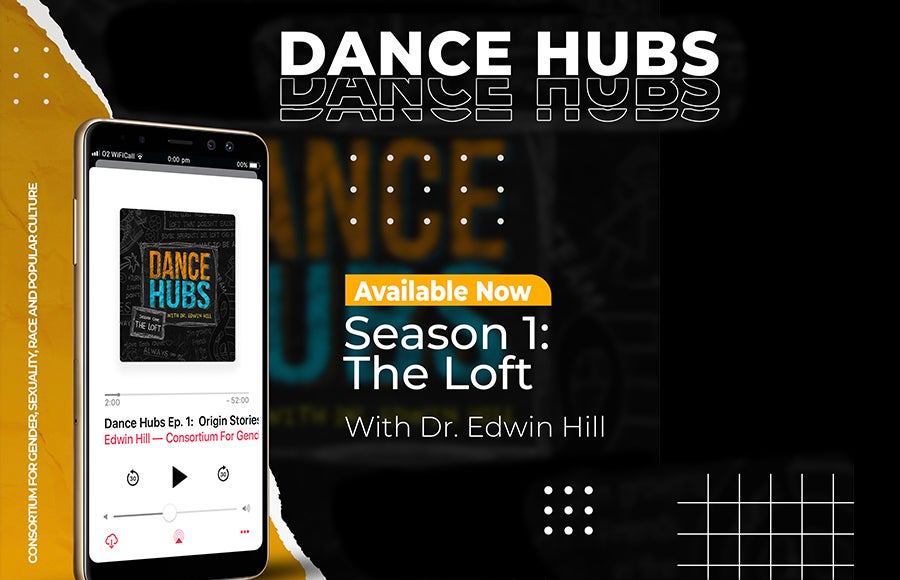
USC Dornsife professor launches a podcast series mixing pop culture with research
As the final notes of the Enya-esque intro song fade out, podcast hosts Karen Tongson and Nicole J. Georges get down to business. This episode of “The Gaymazing Race,” the pilot, centers on their “profound love for and obsession with The Amazing Race,” the long-running CBS reality competition show, says Tongson, professor of gender and sexuality studies, English and American Studies and ethnicity at the USC Dornsife College of Letters, Arts and Sciences.

Karen Tongson brought together faculty specializing in areas of race, sexuality and gender to broadcast their work to the public. (Photo: Courtesy of Yo! Is this Racist/Earwolf.)
“When I first started watching The Amazing Race, I saw in [contestants] Danny and Oswald a stereotype of gayness that I actually aspired to, and that was a gay aptitude for traveling — and traveling in style,” explains Tongson. “What’s ‘gaymazing’ about The Amazing Race is that it honors the queer aptitude for travel and adventure.”
Tongson then dives into a discussion of how elements of queer culture, like cruising, have enabled many queer people to learn to “read between the lines” to discern if someone is interested, which can help make them good clue-hunters.
The episode is one of several pilots that Tongson and Allyson Holley, producer and audio engineer, have created for new podcast series led by faculty members from the Consortium for Gender, Sexuality, Race and Popular Culture. Due to the COVID-19 pandemic, the consortium, a new initiative launched in January 2020 to help bring scholarly research to the public, has been operating in the form of podcasts since it began.
“The initial purpose of the consortium was to bring together faculty who were working on pop culture in different areas, and its representations of race, gender and sexuality. Beyond doing research on these topics, however, we also wanted to translate our rigorous work to the public,” Tongson said.
She adds that she also hopes the shows will potentially influence the makers of pop culture to bring equitable and diverse representation to their productions.
Putting together a podcast
Tongson has hosted and been a guest on several pop culture podcasts in the past, so she is familiar with the medium. Other faculty members, however, such as Associate Professor of American Studies and Ethnicity Evelyn Alsultany, were new to the world of podcasting.
“It created this opening to experiment and see what it’s like. I learned why it’s so popular. As someone creating it, it’s something that can be done in a week or two, or even faster. It’s a fast way to get research out and have a public conversation,” Alsultany explained.
In her series pilot, “Muslims as Seen on TV,” Alsultany discusses how the media succeeds — and fails — at portraying well-rounded Muslim characters, interspersing the conversation with clips from such TV shows as Ramy and Grey’s Anatomy and The Bold Type.
Alsultany hopes her show will gain attention from the public, not just other scholars.
“There’s a larger conversation about diversity in entertainment. What does it mean to diversify entertainment? I’m interested in an audience who is interested in that,” she said.
Holley agrees that podcasts are a good way to reach a public audience. Whereas a nonacademic might be daunted by the idea of reading a scholarly journal, podcasts are easy to access and often geared toward the average individual. And, professors often like podcasts due to their more relaxed format and their ability to have creative control over the process.
Podcasts are a good recruitment tool for schools as well, Holley added. “If I were a student trying to figure out where I was going to go to college, this would be a great way to see the university from a more personal standpoint. If I had had a podcast to listen to hosted by some of what could be my future professors, that would’ve had an impact on my decision-making.”
Future broadcasting

One of the podcast series, “Dance Hubs” explores the language of dance as spoken around the world. (Illustration: Khaliah Peterson-Reed.)
Currently, the consortium has episodes for three series: Alsultany’s, Tongson’s and one titled “Dance Hubs,” which centers on the culture of dance worldwide and is hosted by Edwin Hill, associate professor of French and Italian, and American studies and ethnicity.
There are two future series in planning. One will focus on queer cinematography and the other will explore the town of Adelanto, California, which was once a popular film site but now is home to a U.S. Immigration and Customs Enforcement detention center for much of Southern California.
“It explores how we got from a vision of the city as a California dream-type place to what is now this kind of horrific detention center,” Tongson said.
Tongson says that recent events, such as the social uprisings that took place last summer, indicate that university communities and scholars “cannot be islands unto themselves,” and tools like podcasts are crucial to connecting with the public on a variety of issues.
“One of the things that podcasts can do is provide some excellent research beyond Wikipedia. They’re a way of seeing how research lives beyond the confines of a scholarly book or object,” she said. “It gives people a sense of how they, as an interested and concerned public, can help put pressure on the entertainment industry for a greater range of representation, hopefully in ways that document histories, places and scenes that are less known, but bear tremendous importance to specific communities.”